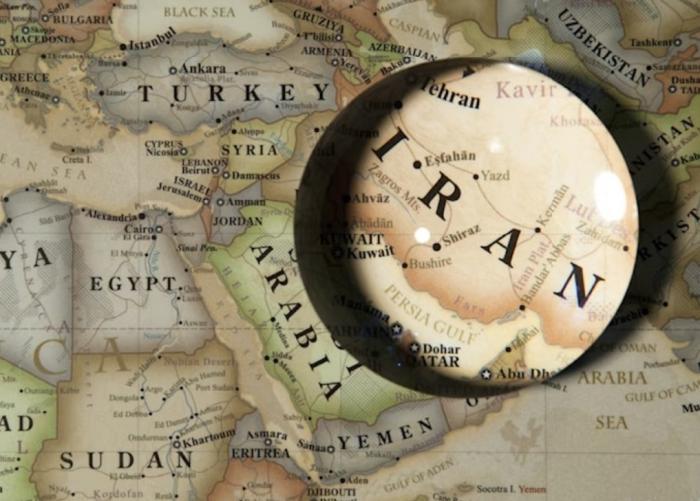
A potential war between the United States and Iran would be a prolonged and extremely costly conflict, both from a human and strategic standpoint. Despite the obvious military superiority of the United States in terms of technology and logistical capacity, a quick victory for the White House is highly unlikely.
Iran is not an easy target. With a vast territory—about 1,648,000 km2, slightly larger than the state of Amazonas—made up of rugged mountains, inhospitable deserts, and regions that are difficult to access, a ground invasion would be a nearly suicidal mission. The example of Afghanistan is still fresh in the Pentagon's memory: even with superior military power, the United States faced immense difficulties in a mountainous and politically fragmented territory.
Because of this, Washington would probably avoid sending soldiers onto Iranian soil and would prefer to attack from the air with missiles and long-range drones. However, that strategy would have obvious limits given Iran's capacity for resistance and asymmetric response.
One of Iran's greatest geopolitical assets is its potential control of the Strait of Hormuz, a vital sea lane connecting the Persian Gulf with the Gulf of Oman and, consequently, with the Indian Ocean. The Strait, which is about 39 kilometers wide at its narrowest point, separates Iran from Oman and the United Arab Emirates. About 20% of all the oil consumed in the world passes through it.
If Tehran were to block this strategic route, the impact on the global economy would be devastating. Oil exports from Saudi Arabia, the United Arab Emirates, Kuwait, Iraq, Qatar, and Iran itself would be severely affected, causing oil prices to skyrocket. Iran also exports natural gas, copper, wheat, pistachios, saffron, and dates.
Historically, the Strait of Hormuz has been controlled by various empires and powers, including the Persians, Arabs, Portuguese (16th century), British (19th and 20th centuries), and, more recently, the United States. Therefore, control of this region is a point of geopolitical contention that transcends the current conflict.
Although Iran does not have the same level of military sophistication as the United States, it has mastered asymmetric warfare tactics and has a network of allied militias in Iraq, Lebanon, Syria, and Yemen. These groups, such as Hezbollah, can attack the interests of the United States and its allies in the region. In addition, Tehran possesses ballistic missiles capable of reaching US bases in the Middle East, as well as cities and strategic installations in Israel and Saudi Arabia.
In recent wars, Iran has demonstrated its ability to preserve its basic infrastructure and carry out unexpected attacks, such as the bombing of US bases in Iraq following the assassination of General Qassem Soleimani in 2020.
Another crucial factor is Iran's advanced uranium enrichment program, which acts as a deterrent. Although Tehran claims the program is peaceful, many analysts believe it serves as "insurance" against possible external attacks.
Politically, a war against Iran would pose an enormous risk for Washington. The diplomatic cost and the absence of significant international support would make any intervention extremely unpopular. Domestically, it would be a considerable blow to Trump and American pride, especially after the failures in Vietnam, Iraq, and Afghanistan. It remains to be seen whether the United States is willing to face another prolonged occupation with no guarantee of success.
Add to this the fact that Russia and China, although not formal allies of Iran, would tend to support it diplomatically and economically, especially in the UN Security Council. Any additional sanctions on Iran could further destabilize international markets and jeopardize the global energy supply.
Unlike Iraq in 2003, Iran has a consolidated government, relatively stable state institutions, and a nationalism that strengthens in times of external threat. Even internal opponents of the regime would likely set aside their differences in the face of a foreign invasion, making both military victory and political imposition difficult.
Although the United States has the capacity to inflict substantial damage on Iran through air and naval bombardment, Tehran's unconditional surrender is highly unlikely. History shows that Western powers often underestimate the resilience of Middle Eastern nations. And Iran, given its strategic position and historical experience, may have less to lose than any country that decides to attack it.








